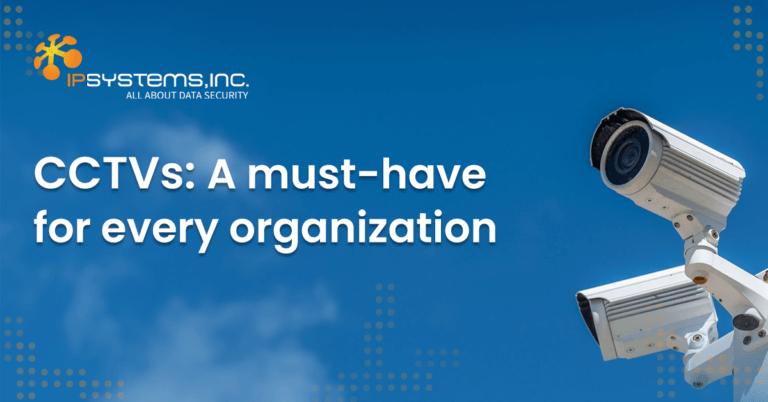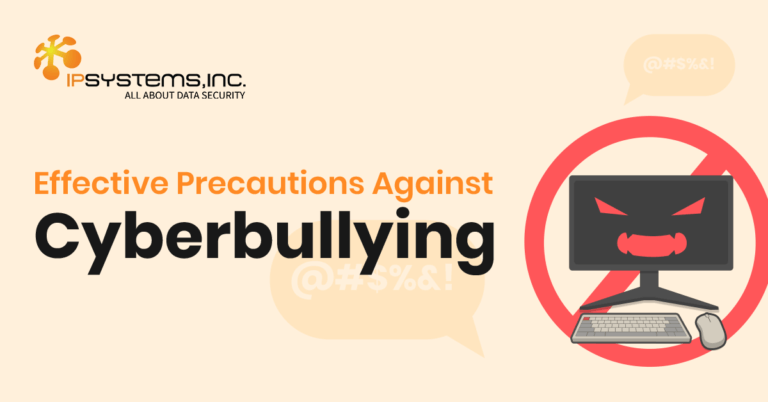
Innovating your Business with Green Data Centers
Blog: Innovating your Business with Green Data Centers Data centers are centralized facilities equipped with essential hardware like servers, storage devices, and networking equipment.

Cybercrime is any illegal activity that happens online or on the internet. It is mostly perpetrated by hackers and cybercriminals who target computer networks, smart devices, servers, and other data storage equipment – with attacks ranging from security breaches to data or identity theft.
The number of cybercrimes that are happening today might make you think twice about using the internet entirely. However, having knowledge about these threats can be the first step to help protect yourself and your personal data.
Any cybersecurity expert would tell you that you should not repeat passwords for this makes it easier for hackers to exploit your information. Your passwords should at least be eight (8) characters, is a combination of numbers and letters, and must include a special symbol.
We know that you want to let everyone know what’s going on with you through your social media accounts. However, it would be wise to be selective on what you broadcast and put in your profile to deter social engineering cybercriminals. Therefore, the less you share publicly, the better.
As we continue to be reliant to technology for our daily tasks, we are also constantly at risk of being a victim of cybercrime. This is the reason why you need a comprehensive solution to help you strengthen your defenses against these threats. For instance, a system like Bitdefender can provide real-time protection against any attacks such as viruses, ransomware, malware, and more.
Cybercriminals frequently use known exploits such as flaws in your existing internet security software or operating system to gain access to your critical data. Therefore, it is important to keep all the solutions you use up to date to make it harder for them to infiltrate your device.
A lot of websites today give users the option to enable another authentication process to ensure their security. Two-factor or Multi-factor authentication asks users to type in a separate code apart from their passwords before they can fully enter the site. Enabling this feature makes it much harder for a hacker to break into your accounts.
It’s important to keep copies of your crucial data just to be prepared in case something happens. To be more efficient, you can have copies stored on a local drive like your laptop, another one on an external hard drive like a flash drive, and one remote storage like OneDrive or Dropbox. Data encryption on the other hand is a technique which if a hacker copies or downloads your files, all he will get are just gibberish codes rather than the actual content of those documents. To do this, you can install a software for encryption or change your system settings.
Free Wi-Fi can be inviting, but you must be careful before connecting to these public networks. When using a public Wi-Fi, anyone who is connected as well can see what you are doing and receiving across the internet. To keep yourself protected, you can use a Virtual Private Network (VPN) to encrypt all your internet traffic and make it more difficult for hackers to spy on you.
In the real world, we know that some behaviors, actions, and locations can put us at greater risk of being a victim of crime – the same thing goes on the internet. If you are frequently visiting hacker chatrooms, viewing adult content, or going to suspicious sites that you know are scams, you are putting yourself and your data at risk of a cyberattack.
Fraudulent emails are not only common, they are getting increasingly convincing as time passes by. If an email asks you to enter your username or password, don’t do it. Instead, you can open your browser and go to the site directly or contact the company’s customer service to make sure that it is a legitimate message. Always remember that reputable sites or companies won’t ask for your login information thru email.
The internet is full of cybersecurity articles that will keep you updated on the latest trend and what you can do to prevent them. If you are also doing business with a merchant or have an account on a website that’s been impacted by a security breach, find out what information hackers accessed and immediately change your password and settings.
Fighting cybercrime is everybody’s business. By taking precautionary steps to avoid being a victim of these cybercriminals, you are also doing your part in decreasing the rate of these crimes. Always concentrate on what you can do to protect yourself and your data, and always check your accounts for any suspicious activities.
If you want to know more about the newest version of Easy NAC, our product experts are more than happy to assist you. You can get in touch with us by calling +63 (2) 8638 – 3264 or sending an email to [email protected].



Blog: Innovating your Business with Green Data Centers Data centers are centralized facilities equipped with essential hardware like servers, storage devices, and networking equipment.

Blog: CCTVs: A must-have for every organization Nearly every business and organization, regardless of size, has already implemented CCTV Services within their premises because

Blog: Combating Bullying in Digital Classrooms: Empowering Students for a Safer Learning Environment Bullying is a pervasive issue that inflicts emotional, psychological, and physical